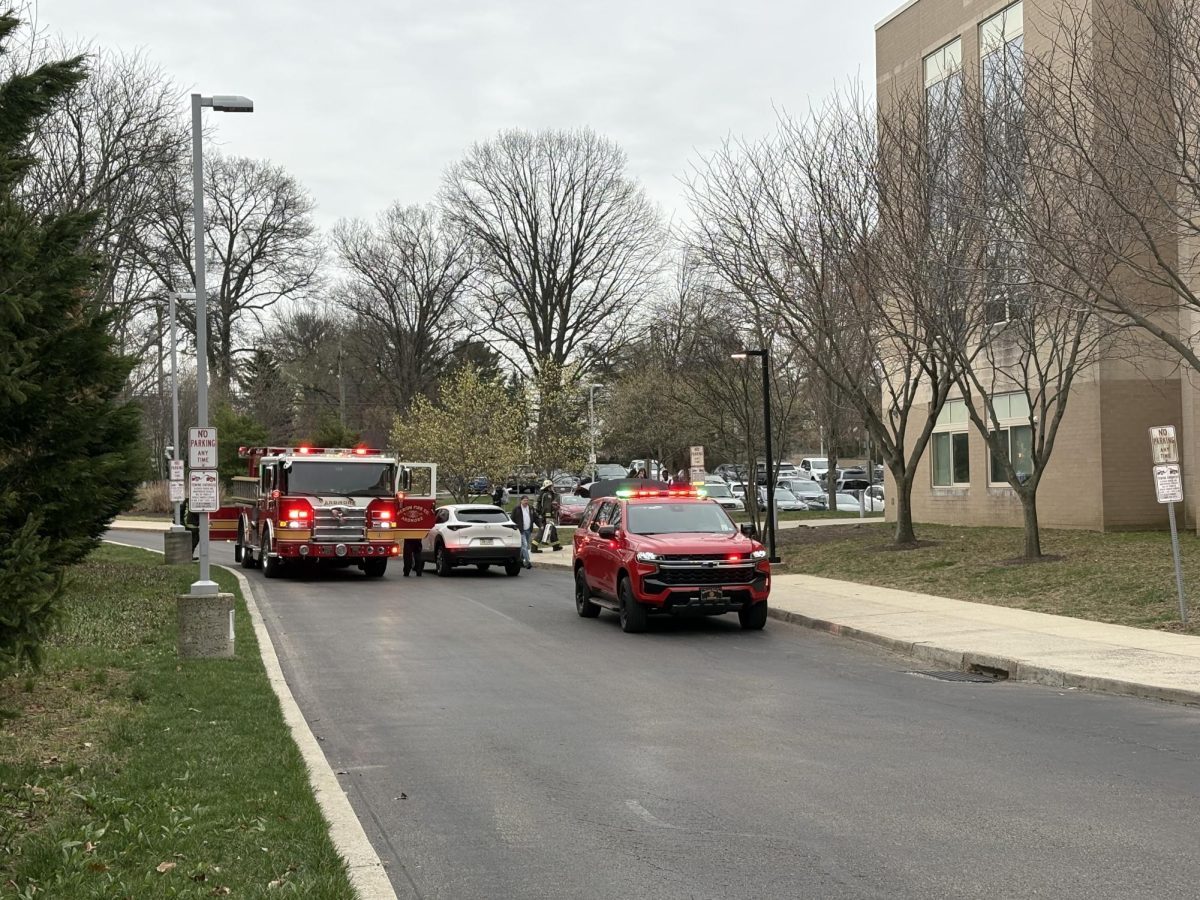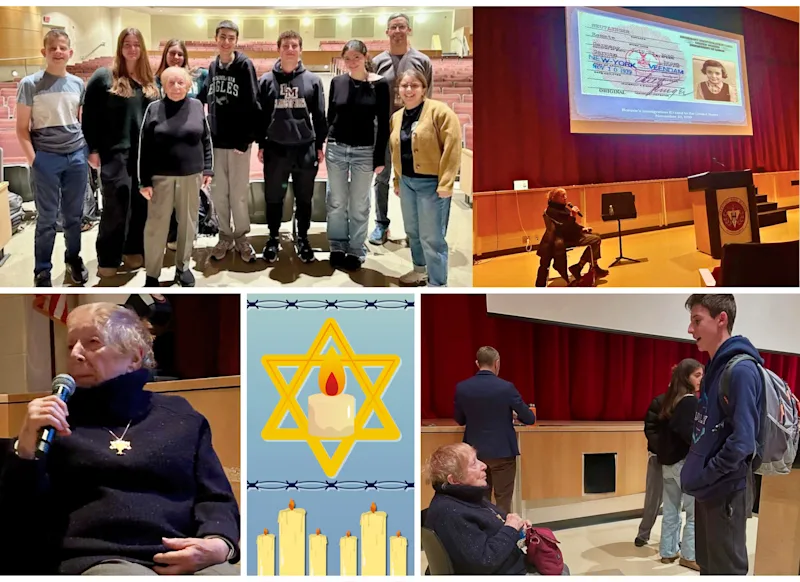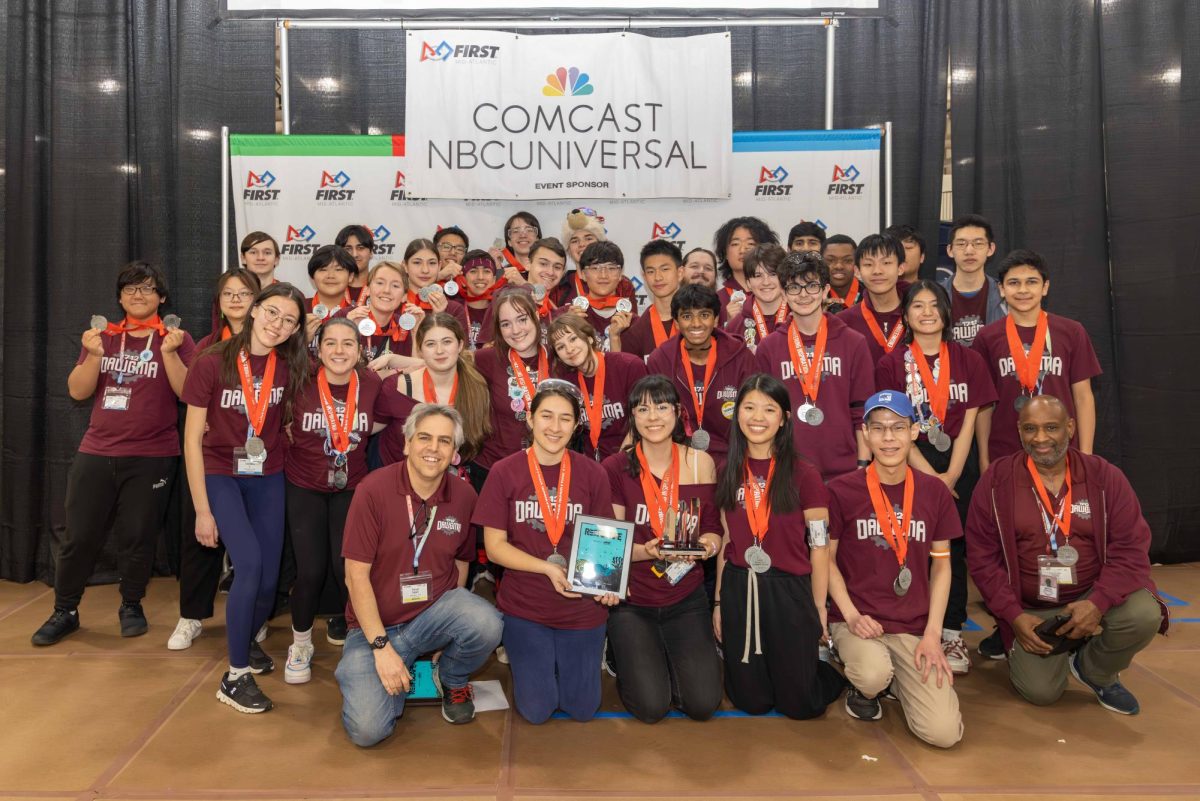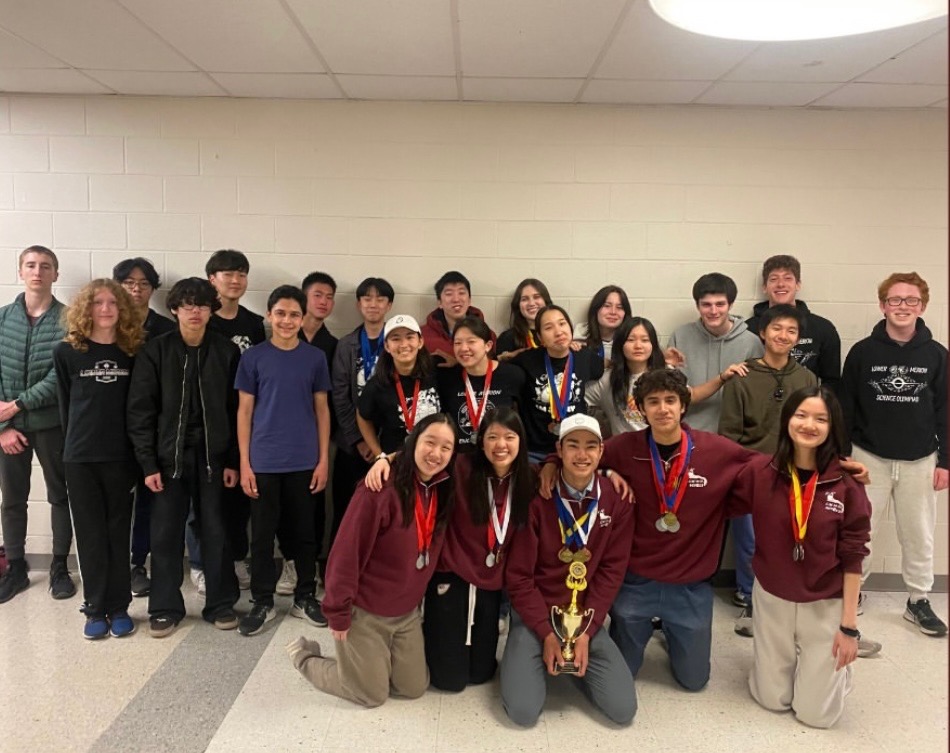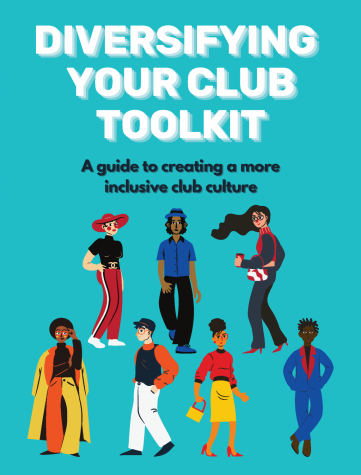
Over the past few months, many long overdue discussions regarding race were brought to light on a national level and within both our community and schools. Students came together in mid-July and organized a town hall meeting to address racism in the district where the voices of students, parents, faculty, and alumni could be heard. Following this important meeting, many of the students who helped to organize it found themselves wondering: “What’s next? What can we do now?”
After meeting countless times to discuss and determine what tangible change could be made within the district, a group of current seniors came together and decided to focus on changing the school’s culture. They founded the Council for Racial Equity and Inclusivity (CREI) with the mission of fostering a diverse, inclusive, and equitable environment in all aspects of LM. The work of CREI is focused on the extracurricular aspect of school culture, as a large part of school life is centered around clubs and activities outside of the classroom. Sophia Abdulmalik ’23 can speak to this importance. “We know ourselves clubs are such a crucial part of the high school experience, a way to make friends, to learn,” says Abdulmalik. “If we don’t make sure these spaces are safe and welcoming to POC, the enriching experience that extracurriculars provide won’t be equitable.” CREI aims to address this issue. Munis is on the executive board of CREI, along with Devon Mooring ’21, Naomi Mulugeta ’21, Harper Segal ’21, Claire Sun ’21, and Celine Thomas Philip ’21.
Even before CREI was established as an official organization, a “Diversifying Your Club Toolkit” was created this summer to sort clubs into any combination of three tiers. In summary, Tier 1 is getting students of color interested in attending meetings. Tier 2 is retaining the engagement of the students in these clubs by ensuring that the club culture is welcoming and inviting. Tier 3 is having the diversity of the club reflected in its leaders. “The toolkit gave us a better understanding of what work needed to be done and how to structure the organization before we officially founded it,” explains Sun. “This year, lots of discussion was focused on advertising especially since it would be harder in a virtual climate.” With the help of the toolkit, this dedicated group of students met and talked with 22 clubs over two weeks in August to create a more diverse extracurricular environment.
CREI was later officially founded, and students have still been hard at work as the school year progresses. CREI consists of seven committees with different focuses on school clubs: Arts, Music, STEM, Humanities, Student Voices, School Culture, and Sports. Each of these committees consists of four to six members and is overseen by one or two executive board members. The music committee in particular had a big start on its work over the summer. Starting in elementary school, students are presented with the opportunity to join music groups such as orchestra, band, and chorus. So, committee members began meeting with elementary school teachers to see what could be done early on to promote diversity within these groups. Additionally, the student voice committee recently held an open meeting and is now working on strategizing and defining the work of the committee as well as planning to meet with clubs. The arts committee met with clubs like the Garden Club and the Drill Team to discuss representation and appropriation. Abdulmalik, a member of the arts committee, reflects on the discussion that occurred. “In a vast majority of the clubs we meet with, the main goal is to diversify the club, make it welcoming to POC, and strip back the hidden histories they hold of being whitewashed and white focused,” she says. “Drill team was interesting to meet with because it is one of the only, if not only club with a majority black demographic, but they still had many different issues and occurrences to discuss with us about the experience of being a ‘black club’ in a white school with dozens of majority white clubs.” The executive board reports that many of the clubs they have met with are enthusiastic about this work and are bringing many ideas to the table to make a positive change.
Additionally, as an oversight committee, CREI meets with administration bi-weekly to provide updates on work, share any obstacles that are encountered, and request support if needed. Support is received through administrators such as Dr. Tara Doaty, the district’s cultural competency consultant, who has worked with students in LM’s Becton Scholars program and Harriton’s POWER program. CREI’s executive board says that Doaty has taught them the importance of quantifying their work and establishing a focus as progress is made. Taj Byrd, the district’s diversity coordinator, has also provided significant help as the adult mentor of CREI through working directly with students and acting as a liaison with the district. Byrd has been positioned for many years in the district, and has built many strong relationships with administration and students during this time.
The duties of CREI are never-ending; its framework is structured to allow student leaders to adapt their goals and focuses based on what is deemed to be the most effective at the time. One of the goals for this year, for example, is for clubs to evaluate their tiers based on the toolkit and create action plans to address specific issues. “This work is all about forming relationships and making connections to ensure that underclassmen and future generations can continue the work,” says Segal. Byrd agrees with this, stating that, “All equity work is built on relationships.”
Students can speak to the importance of creating comfortable, diverse club environments, especially those who have personally experienced how it feels to be a part of a minority group at a predominantly white school. “My own personal experience with the school culture is, whenever I experience anything from a microaggression to blatant racism, the response from staff almost always is ‘I’m sorry that happened to you, there isn’t much I can do about it’,” Abdulmalik shares. She feels that the lack of initiative to support students of color discourages them from speaking out about exclusion and unwelcomeness in both clubs and classrooms. “It feels staggering to be in the room alone. It’s polarizing to be the only one there who can speak up on certain experiences,” Munis also adds. “And I know a lot of my friends of color have felt the same way.” The goals of CREI extend beyond the first step of acknowledging these issues by striving to become a part of LM culture. Many LM students are dedicated towards desegregating clubs, dismantling the fear surrounding the discussion of race in school, and working towards inclusivity, diversity, and equity. CREI is committed to working with students and clubs to address the serious importance of these issues both now and in the future.


